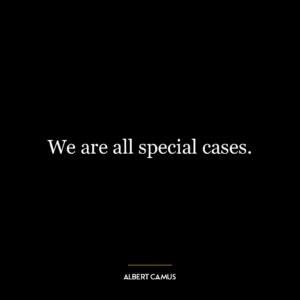It is a kind of spiritual snobbery that makes people think they can be happy without money.
This quote suggests that it is a form of arrogance or self-righteousness to believe that one can achieve happiness without the need for money. The term “spiritual snobbery” implies a sense of superiority one feels when they claim they can attain contentment purely through spiritual or non-material means, dismissing the importance of money in the process.
In essence, this quote acknowledges the role of money in our lives. It doesn’t imply that money can buy happiness directly, but rather, it suggests that money provides a certain level of comfort and security, which are essential for happiness. It serves as a tool that can help us meet our basic needs, pursue our interests, and achieve our goals.
In today’s world, this idea is particularly relevant given the increasing emphasis on material wealth and the pursuit of luxury. While it is important to seek spiritual and emotional growth, it is equally important to acknowledge the role of financial stability in our overall well-being. Ignoring or dismissing the importance of money can lead to financial instability and stress, which can negatively impact our mental and emotional health.
In terms of personal development, this quote can be interpreted as a reminder to maintain a balanced perspective on money. It encourages us to avoid the two extremes of materialism and asceticism. Rather than associating money with greed or dismissing it as unnecessary, we should recognize it as a tool that can help us live comfortably and pursue our passions. At the same time, we should not allow the pursuit of money to overshadow the importance of spiritual, emotional, and intellectual growth.
In conclusion, while money is not the sole determinant of happiness, it plays a crucial role in our pursuit of a fulfilling and comfortable life. Recognizing this fact can lead to a more balanced and holistic approach to personal development.















